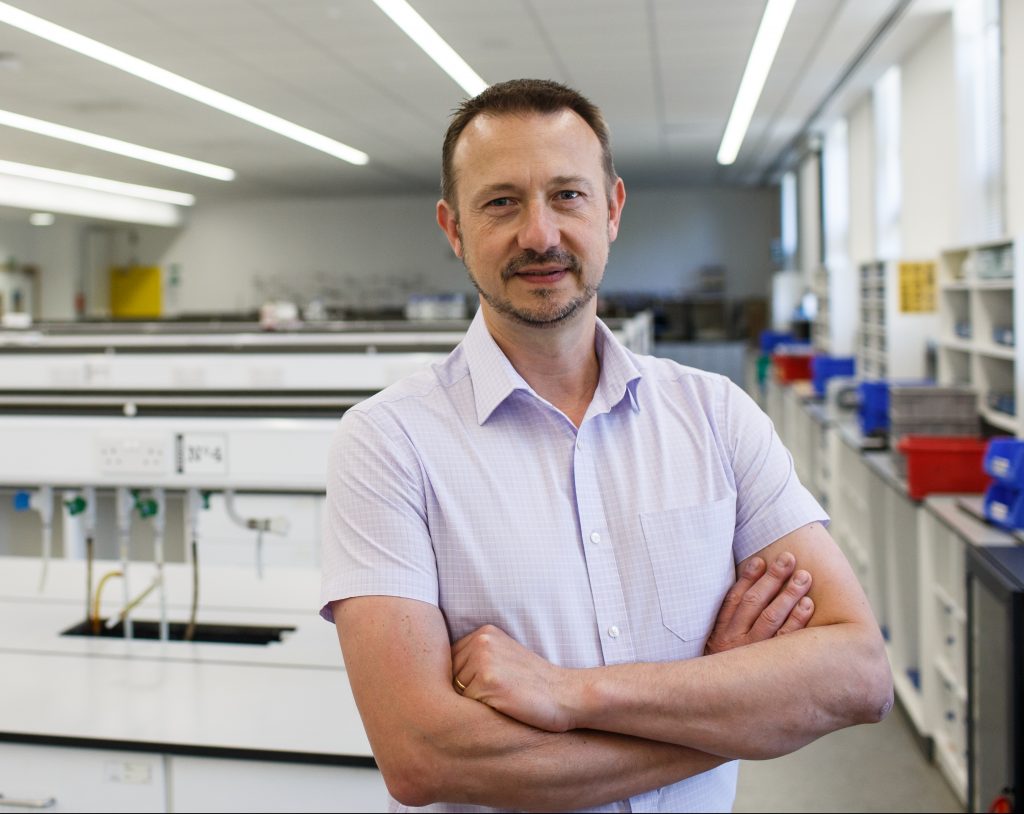1. What is your current role at SPS?
Senior Tutor, looking after all SPS students (undergraduate and postgraduate).
2. What does this role entail/ mean to students?
Sometimes students need particular kinds of support; together with other colleagues I ensure that it happens as it is supposed to, although it’s hoped it happens seamlessly behind the scenes most of the time! This involves working closely with all colleagues who are Academic Advisers to provide a consistent experience to all our students, regardless of Programme of Study or Stage. A crucial role is played by frontline staff who students can approach at the Front Desk, and particularly Sue Welford, our Student Support Coordinator.
3. What projects are you working on at the moment, and how will they make a difference to the student experience?
Students expect from us good and specific advice that helps them through every stage of degree, including planning for life after Uni; a bunch of us are working on ways to ensure that when students see their academic adviser or take part in careers or training events and learn transferable skills they can get credit for that on their transcript.
4. When will we start to see results of these projects?
From Sep 2020 although there is a chance it may be sooner.
5. How can students get involved with SPS and making their voice heard?
In a variety of ways: Digital Rep, Coffee and Donut sessions, filling the undergraduate surveys and particularly the NSS survey, or simply approaching one of the Directors of Undergraduate or Graduate Studies directly.
6. What three words would you use to describe yourself?
Good listener, modest, helpful! (yes I realise that’s 4 words…).
7. What inspires you in your work?
The thought that the careers of many students could be helped or advanced by what I am doing, and also that I could help the public better connect with our research through what I do to broadcast our achievements in SPS!
8. When did you first realise your interest/passion for applied optics?
I was an undergraduate student in my final year working on a fibre optic sensor project; this field advanced enormously but the principles are the same – we just find more and more ways to use the properties of light to probe the world around us (and within us, as light is now ubiquitous in biomedical imaging).
9. What would you say was your greatest achievement in your research?
I was part of the team at Kent that set up Optical Coherence Tomography as one of our key research areas in the mid-90s, and then built some of the cutting edge instruments to be used in clinics. I was lucky to be able to experience first-hand how patients got to benefit from lab research that I had carried out only a few months before!
10. What areas would you like to see progress in research for the School of Physical Sciences?
Renewable energy and materials – I’m sure that before long we will look back and wonder how we could have lived in a world that has to burn fossil fuels to get its energy when every building could be self-sufficient.
11. Why did you choose to teach at the University of Kent?
Teaching is truly exciting – it means working with inquisitive minds; nothing is better than seeing how someone’s face lights up as they understand something for the first time.
12. What has been a personal highlight for you in teaching?
Returning alumni who mention things I’ve said in my lectures that they remember after 10 years or more!
13. Which other areas of research would you personally like to study?
Something truly novel (that’s not on the horizon yet), such as the influence of light on well-being, and some serious research in using light as a therapeutic tool.
14. What is your proudest achievements outside of your work?
I am proud of (and lucky at the same time) being surrounded by really good friends, including a fair few who are University colleagues.
15. What has been your greatest challenge?
Understanding how to learn to say no, when different competing priorities meant they couldn’t all be accommodated in my (unfortunately) limited time.
16. What do you like most about Canterbury?
The amazing history, the beautiful surroundings, the fact that it’s grown into a student town that is ever more ambitious and forward looking, as shown by the imminent arrival of the Medical School. Canterbury is also perfectly placed geographically for both London and Continental Europe.
17. If you could pick anyone throughout history, to discuss their research in physical sciences, who would it be and why?
My research is quite applied so probably someone who spent time having to design and build their experiments, particularly in the early years of the Royal Society. But I’m sure I would have had to pay close attention to the goings-on there. Samuel Pepys famously wrote in his diary about the Royal Society debates “Here was very fine discourses – and experiments; but I do lacke philosophy enough to understand them, and so cannot remember them”!

